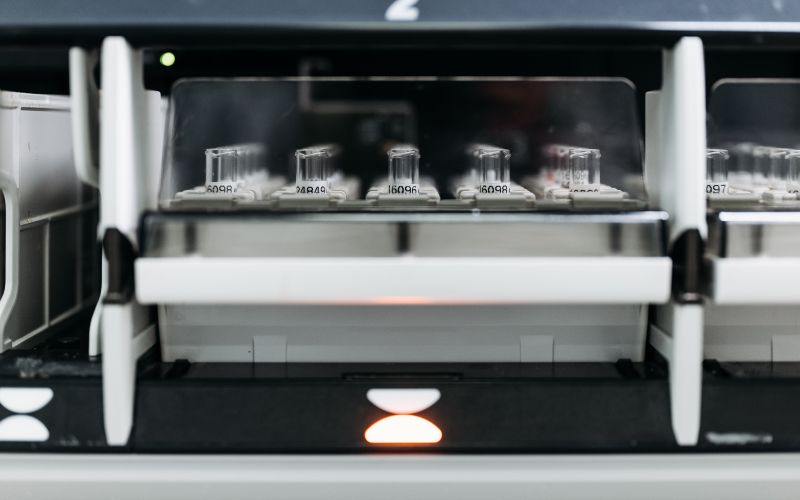
What is Tolling in Compression Machine?
Pharmaceutical manufacturing requires a variety of processes and machines used in order to produce the desired result. One such process is tolling, which is used in compression machines. The purpose of this blog post is to examine what exactly is involved in toll processing using a compression machine and how it works.
First, let’s define what toll processing means. In essence, toll processing refers to the use of a third-party service provider to manufacture parts or products for another company. The provider charges a fee for its services, which can include mixing, blending, drying, coating, extruding, and compressing materials. This type of outsourcing enables companies to be more efficient as it eliminates many steps in their supply chain process and allows them to focus on other aspects of their business.
In regards to compression machines specifically, toll processing involves the use of equipment that compresses materials into tablets or pellets for further production or packaging purposes. Compression machines are most often used in the pharmaceutical industry, where active ingredients are compressed into tablets for sale in retail stores. These machines come with two main components – an upper section called the die table and a lower section called the punch table. The die table holds the dies (moulds) while the punch table holds the punches (the tooling that forms tablets). The material is placed between these two components before being compressed into its desired shape by applying pressure via motors or hydraulic cylinders.
The advantages of using compression machines during toll processing include increased efficiency, better control over material feed rates, improved accuracy when forming tablets, greater output capacity, reduced labour costs, and improved safety standards due to automation. Furthermore, using compression machines also reduces waste because they can easily be adjusted according to different shapes and sizes without any additional effort or time needed for preparation prior to production runs.
Toll processing with compression machines can provide many benefits for businesses looking for more efficient and cost-effective ways of producing parts or products with exact specifications quickly and accurately every single time. It eliminates many steps from their supply chain process, thus allowing companies to focus more on other aspects of their business operations. Additionally, this method ensures higher quality output as well as improved safety standards compared with manual methods, where errors are more likely due to human error. For those in the pharmaceutical industry who are looking for increased efficiency when it comes to tablet production, investing in a good quality compression machine may be worth considering as part of your toll processing solution!



